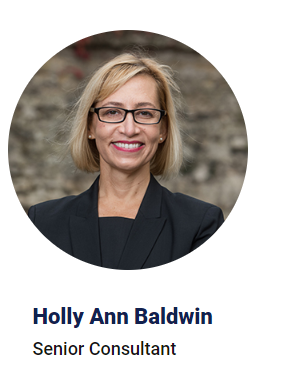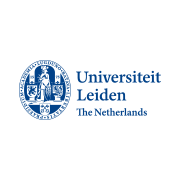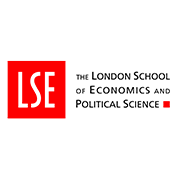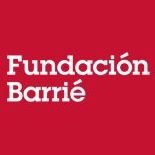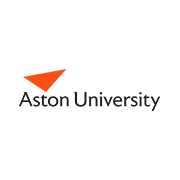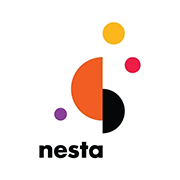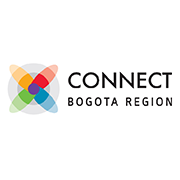
Published on November 11, 2019
Sharing experiences, sharing solutions: executive leadership for women in Oman
We women make up just under half of the world’s population[1]. We represent around 39% of the paid global labour force, yet only about 25% of managers are women[2]. The disparity is even more evident as one moves up the management ladder: globally, only around 4% of Chief Executive Officers (CEOs) are women[3].
The slippery ladder?
One study of large companies in the EMEA[4] suggests that men are three times more likely than women to make it to middle management from entry level positions, they are five times more likely to reach CEO level once they reach the executive committee. There has been much talk of the glass ceiling preventing women from achieving promotion; in terms of progression to senior positions what we are seeing here is sometimes called the ‘slippery ladder’.
This is the compelling backdrop against which Oxentia created the Executive Leadership Programme for Women which was delivered for the first time at Muscat University in Oman on 28-30 October 2019. Structured around the three major themes of setting direction, making a difference and changing behaviours, the programme sets out to support women in senior management positions around the world as they continue their journey up the organisational hierarchy.
In this article I share my experiences of delivering this programme and the key themes that emerged from it.
Second-generation bias
A woman and a man meet with a potential client who immediately shakes hands with the man and assumes he’s the senior person. In fact, it’s the woman who is the leader. This is a situation that many women have experienced both professionally and socially and is an example of what has been called ‘second-generation’ bias[5]: the subtle barriers and obstacles that are still making it hard for women to progress. During the first ever edition of the Leadership for Women programme, all participants had experienced similar situation and shared their solutions. I was struck by one piece of advice to women going into such meetings, which stood out for its simplicity and humour: ‘Just walk faster!’
The double burden
Course participants had experience of the so-called ‘double-burden’[6]: the requirement to balance work commitments with responsibilities at home. Although this applies equally to any parent, women are disproportionately affected. For some, this was offset to a degree by the ability to access additional support. An aspect of this was the extent to which achieving career success had to take second place supporting family goals. Such experiences resonate with the outcome of research conducted elsewhere in the world and are underlined by United Nations’ findings that women have a significantly higher burden of unpaid work compared to men[7].
Building up knowledge and skills
Research suggests that women often lack confidence in their skills and knowledge, undervaluing the experience and expertise they have[8]. Therefore, a key feature of Oxentia’s programme is to provide a forum in which core areas of management, knowledge and skills can be discussed and shared. Emphasis is put on the important areas of strategy and corporate entrepreneurship, which strengthen women’s confidence in their own capabilities. Gaining control of and confidence in one’s own skills supports the long-term objectives both of participants and their respective organisations.
Extending networks
Bringing senior women managers together at Muscat University provided a great opportunity to address another set of challenges faced by women managers: limited professional networks and lack of access to potential mentors or sponsors. These were seen as big issues by participants and, once again, resonated with experiences reported elsewhere[9]. To address this, delegates benefited from practical advice on building and developing their networks from the Oxentia trainers and the high-profile presenters and panel discussants.
Going forward
Perhaps the most striking learning point from delivering the programme in Oman was to see how many of the experiences of participants mirror those encountered elsewhere in the world. The opportunity to share and build on those experiences developing creative and effective ways to grow the number of organisations led by women is exciting.
The aim of Oxentia’s programme is to empower women to enhance their own leadership and entrepreneurial capabilities as leaders and, ultimately bringing value to their organisations. As well as addressing leadership topics directly, the programme combines theory with practice, giving participants space to reflect and create strategies to increase their effectiveness, credibility and presence as communicators.
What do you think? Head over to LinkedIn to join in with the discussion
[1] UN (2015). The World’s Women 2015: Trends and Statistics. New York, NY: United Nations.
[2] McKinsey (2017:11). Women Matter. Time to Accelerate. McKinsey and Company.
[3] UN (2015). The World’s Women 2015: Trends and Statistics. New York, NY: United Nations.
[4] McKinsey (2017:11). Women Matter. Time to Accelerate. McKinsey and Company.
[5] Ibarra et al (2019). Women rising In: HBR, On Women and Leadership. Boston, MA: Harvard Business Review.
[6] Ellis et al (2015). Promoting gender diversity in the Gulf. McKinsey Quarterly, February.
[7] UN (2015). The World’s Women 2015: Trends and Statistics. New York, NY: United Nations.
[8] Rose, A. (2019). The Alison Rose Review of Female Entrepreneurship. HM Treasury.
[9] Rose, A. (2019). The Alison Rose Review of Female Entrepreneurship. HM Treasury.

